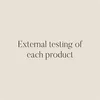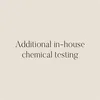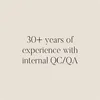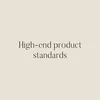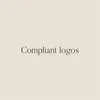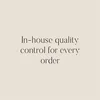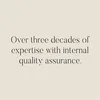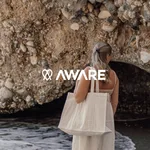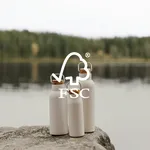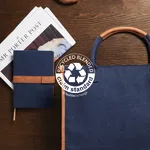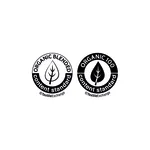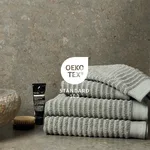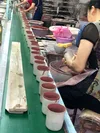All our electronic items meet the Restrictions of Hazardous Substances directive (RoHS), and comply with the applicable guidelines for Electromagnetic Compatibility (EMC); Radio Equipment Directive (RED); Low Voltage Directive; and EU Ecodesign Directive (ERP). We also contribute to the private copy levy for some of our electronic items.
All our food- and drinkware are food safe according to national laws and EU regulation. We are compliant with the EU harmonized legal framework (Regulation (EC) 1935/2004) for the safety of food contact materials.
Our toys are tested according to the EU Toy Safety Directive EN 71 to ensure the mechanical and physical properties are safe (EN 71-1), flammability is tested (EN 71-2), and have a safe chemical composition (EN 71-3).
All our products with wood that fall within scope are held against the Timber Regulation (EU) No. 995/2010, which aims to protect and restore the world’s forests by ensuring no illegal timber products are traded within the EU, and applies to companies bringing timber products into the European market. This regulation requires us to be able to demonstrate the legality of the wood or wood product we sell, meaning we map the entire supply chain of such products.
Certain products have the CE marking (the letters CE) indicating that the product meets certain statutory requirements connected to subjects like safety, health, and the environment. For products like toys and measuring instruments this is mandatory. CE stands for Conformité Européenne and applies to the European Economic Area. In the UK, this is the UK Conformity Assessed Mark.
All our products are Registration, Evaluation, Authorization and Restriction of Chemicals (REACH) compliant. The purpose of this regulation is to ensure a high level of protection of human health and the environment. Furthermore, our products comply with the POP regulation (EU) No 2019/1021, banning or restricting the use of persistent organic pollutants.
Our products also comply with the below, where applicable:
- General product safety 2001/95/EC
- Battery directive 2006/66 / EG
- CLP Regulation (EG) nr. 1272/2008
- Medical service 2017/745 EU
- Measuring instrument 2014/32 EU

